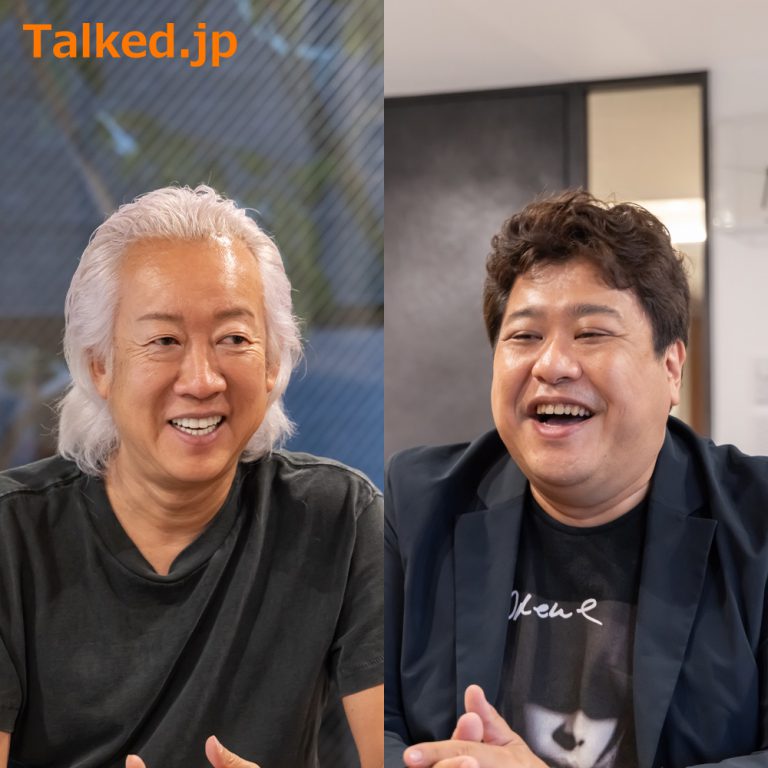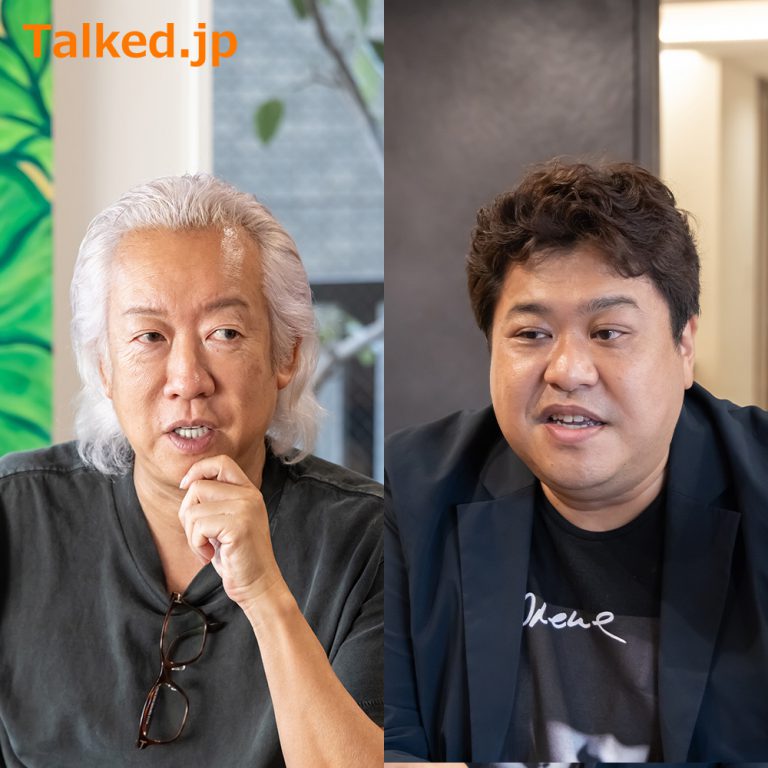Taled Dialogue 【Asking Chinese Tech Business Specialists about AI What is the Best Analog Solution? (Part 1) Yusuke Narushima, President, Japan Chapter, NPO Shenzhen Cross-border EC Association x Jun Fukuda, Entrepreneur

Taled Dialogue [Ask a Chinese Tech Business Specialist What is the Best Solution for AI Analog? (Part 1)
Yusuke Narushima, Representative Director, Japan Chapter of NPO Shenzhen Cross-border EC Association x
Entrepreneur Jun Fukuda
http://talked.jp/161/
↓This episode alone shows how tech can change the direction of business in the world.
Narushima: “At the Chinese restaurant I went to (in China), when you order food at the table, you read the QR code on your smartphone and order from the menu, and the person who serves you, like a part-time lady, also reads it. Then, I am connected to the person who is serving the table. We are both using different apps to read the QR code. So we order, right? Then this lady is taking all the orders. When she brings the order, the chef often comes to the table and asks, “How is today’s dish? How is today’s dish? The auntie would ask in the same way. How do you like this? And they would ask quite insistently. And she would ask me, “Which one is the best? Which one should I try a little harder? Do you want to eat this again? And so on.
Then he would bring me a cup of tea or something I hadn’t ordered and ask me again, “How do you like it?” He would ask me again, “How do you like it? And then they would bring out two dishes that I didn’t know about, and say, “You said you liked this, so I thought you would like it too,” or “Another customer ordered this, so I had it made in larger portions and brought it to you. I thought that was interesting, and he said, “Let’s exchange WeChat,” so we did, and we became friends. Then later I was told that I was new to that restaurant, so I was a new account, but “how much do new account customers ask for on average?” and the profit is calculated there, and the lady is paid on a profit basis. Selling price doesn’t matter, it’s profit-based. So, for example, if I have been to that restaurant three times, how much I spent the first and second time, how many minutes I stayed, and so on, it’s all there. I feed them and they like it, or they understand from past experience what kind of methods are more profitable, and depending on their status, there are rules about how much they can serve up to. And, based on that, they were thinking and doing things on their own, and in fact, the lady they thought was a part-timer was actually an independent business owner. Isn’t this amazing?
(Omitted)
That is done behind the scenes. Then, looking at the data, the president can say, “I think it would be better to do this,” and either an old lady or a young person can fight with the president. In this case, I think it would be better to do it this way.
(Omitted)
What was also interesting was that I would pay at the store. But once the money is paid, it goes to this lady. Or I pay her. Then the money goes from her to the company. The money is combined with the order I just placed, and then it goes to the company. Then, the share is fed back to the auntie on the spot. That is done one at a time, and the important thing to remember is that the auntie’s wages are paid by me, the customer. So the main person who gets paid is not the company, but the customer. But in Japan, the auntie gets paid by the company, so she is beholden to the company. I intuitively make them understand that if they please the customer and spend more, their wages will increase, but if they please the company, their wages will not increase. And the ties there are amazing.”






